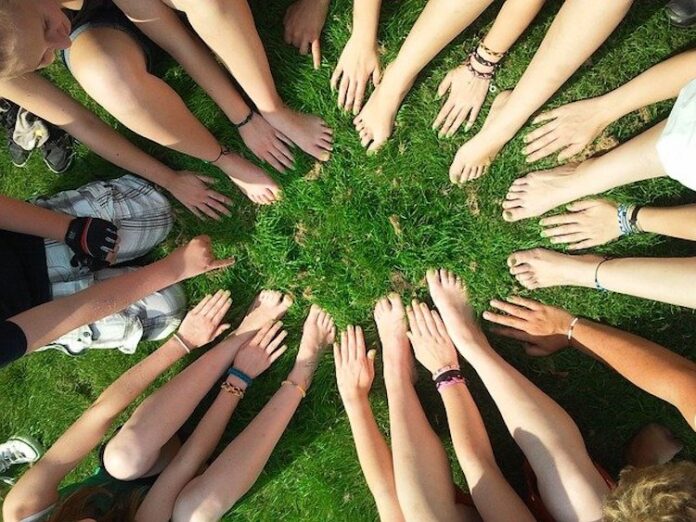Change is a natural consequence of crises, especially when they are global in scope. The Covid-19 pandemic hit people hard in all countries and showed the fragility of social systems based solely on capital and profit maximisation. Governments worldwide have been confronted with the limits of unbridled capitalism, with productive sectors brought to their knees by quarantines and state sectors struggling with strategies to adopt. And if the health emergency, as we all hope, will soon be over, the same cannot be said of the social, economic, and political changes that its passage has inevitably triggered. In this current panorama, a new protagonist has appeared on the horizon, a sector that was long underestimated but which, during the pandemic, made an essential contribution and acted as a “headlight” in the management of the emergency: the Third Sector.
The limits of the government dichotomy: State-Market
Traditionally, there are two pillars on which nations base their operational capacity: the State and the Market. This dichotomy has polarised the world since the Second World War because of the different approaches governments adopt: some have favoured the leading and managing role of the state sector. In contrast, others have focused on the market. The third sector has long remained in the shadows, ignored until its contribution was needed to address the current crisis, filling huge care and social protection services gaps. From the first moments of the pandemic, the world of volunteering and non-profit associations (NGOs) took the lead in the fight against the Coronavirus, becoming an actor of personal care in a system where the culture of capital and profit prevails. The third sector has thus demonstrated that it can play a central role, presenting itself as the new and third pillar on which to build a renewed model of development, where the economy is “market” and social.
The third sector, new possibilities for international collaboration
Within this framework, from 6 to 10 December 2021, Eurispes hosted a delegation from Moscow in Rome for a transnational dialogue between Italy and Russia on the role of the Third Sector. The panel of eight experts and scholars represented three different organisations: the Russian State University of Humanitarian Sciences (RSUH), the Institute for Europe of the Russian Academy of Sciences (IE-RAS), and the NGO Smart Civilization. The visit aimed to analyse the Italian NGO system and the social policies of the Third Sector, which is why, during their four-day stay, the delegation had the opportunity to meet with experts, leading public and private figures. In particular, during the meeting with Eurispes’ experts and researchers, important stimuli emerged to promote fruitful international collaboration.
Leggi anche
The value of the three Ps policy
«Eurispes began studying the third sector thirty years ago» stressed the Institute’s President, Gian Maria Fara, «a sector that was practically ignored by Institutions for a long time and whose fundamental role in the progress of society is only now being understood». The Third Sector is, in fact, central to the development of a country and can be an excellent engine for balanced growth: we will see how things will shortly evolve both in Italy and in Europe. In this regard, according to the President of Eurispes, «it is essential to focus on the value of the three Ps policy (Public/Private/Partnership), which will become one of the central tools for an effective cooperation between economic and social operators as well as between institutes and research centres in different countries».
The meeting between Italy and Russia focused on the third sector and sustainable economy
The Russian delegation’s meeting with Senator Stanislao Di Piazza, one of the promoters of the law reforming the Third Sector, which came into force in 2017 and is still being implemented, was also particularly significant. The meeting, aimed at launching cooperation between Italy and Russia in this field, focused on the culture of the Third Sector, of the solidarity, social and sustainable economy. Senator Di Piazza emphasised the need to restart the political analysis based on these aspects and start a new process to create the fundamental structures of a new system.
The third sector, the proposals
The three organisations represented by the Moscow delegation set themselves to promote studies and research on the Third Sector from an international comparative perspective by organising training courses on how to operate in the field of NGOs and by planning conferences and exchange projects to create an information exchange network on these issues. These objectives were welcomed by the representatives of Italian institutions and NGOs. Finally, the need to strengthen the dialogue between the Italian and Russian Ministries and Government Departments involved in the Third Sector emerged from these meetings. This dialogue will help evaluate future joint initiatives, considering the recent measures of the European Union, which at the end of 2021 launched an action plan in this field and declared 2022 as the European Year of the Third Sector.
*Ida Nicotera, Eurispes International Department





















